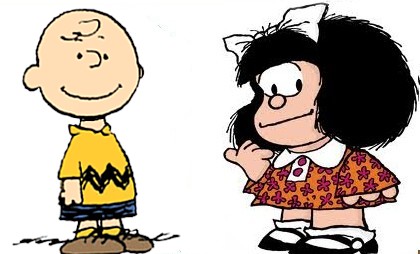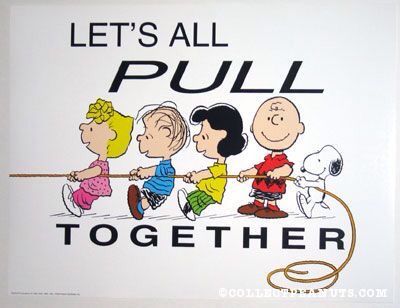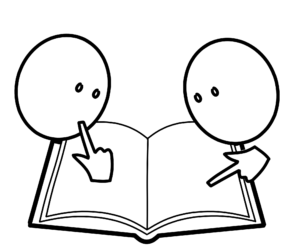
- March 22, 2023
- Cultural Learning, Education, Educational Philosophy, Educational Theory, Learning, Psychology, Teaching
Nothing is more important in the early stages of a child of any cultural and social condition than being prepared for cooperative behavior and social learning. We need more education of the heart if we are keen to learn to live together. The future of humanity depends more on education for the heart than on education for science and technology alone.
Education begins and ends with humans. Thus, to understand the concepts of education, we study ourselves and our existence. The human being is born in solitude. However, in the brief moments after his birth, he feels desolate and is unable to survive by himself. Unlike other animal species, a human requires an extended childhood to organize the world’s complexity and nurture the marvelous treasure of his or her brain. By instinct and wisdom, the individual understands the vulnerability of his or her solitude and transforms it into solidarity.
Parents and teachers should be aware that at a very early age, the child understands that to live is another name for existing in connection with others. Developing attachments with parents and caregivers lays the foundation for learning compassion, sympathy, enjoying the company of others, optimism, and stress resistance.
Nothing is more important in the early stages of a child of any cultural and social condition than being prepared for cooperative behavior and social learning in which learning to understand himself and others, learning to trust, learning to respect the environment, learning to understand and control emotions, to develop meaningful relationships, and to be grateful and caring should be one of education’s main objectives.
At the same time, love and art should receive a child when he or she leaves the security of the home to begin the enchanting adventure of new discoveries; the school should be a non-disapproving place, without narrow standards of success, where he or she can experience the meaning of creativity and the joys of shared aims. The whole society benefits if its citizens have emotional intelligence, an understanding of the needs and weaknesses of others, and if they learn to avoid unnecessary conflicts. Art and emotional education prepare the mind to understand that a world without affection is indeed an intolerable one, that the universe is full of marvels, that time is precious, and that it is useless to waste it with hatred and envy.
security of the home to begin the enchanting adventure of new discoveries; the school should be a non-disapproving place, without narrow standards of success, where he or she can experience the meaning of creativity and the joys of shared aims. The whole society benefits if its citizens have emotional intelligence, an understanding of the needs and weaknesses of others, and if they learn to avoid unnecessary conflicts. Art and emotional education prepare the mind to understand that a world without affection is indeed an intolerable one, that the universe is full of marvels, that time is precious, and that it is useless to waste it with hatred and envy.
I firmly believe in the education of the heart and the education of the creative impulse. At the risk of sounding too idealistic, what is dignified, what is gentle, and what is poetic and artistic in the human spirit is the most important part of a child’s education in conjunction with other children. The human being is born as the most defenseless creature on earth.
More than eighty years of neurological and psychological research have taught us that  the human brain thrives in contact with the maternal heart. In this sense, the brain is a product of the heart; it is the work of love and wastes away without the comfort of a caressing hand, a sweet voice, or a reassuring smile. In both my personal and professional work, I see evidence of talented individuals who are sometimes completely disconnected from some of life’s wonders. Were it only true that the Arts could somehow serve to replace missing acceptance and nurturing in early life. I am convinced that in the near future, neuroscience will take us there at some point. Human passion and congruity with one another enrich the culture we help create for those who follow.
the human brain thrives in contact with the maternal heart. In this sense, the brain is a product of the heart; it is the work of love and wastes away without the comfort of a caressing hand, a sweet voice, or a reassuring smile. In both my personal and professional work, I see evidence of talented individuals who are sometimes completely disconnected from some of life’s wonders. Were it only true that the Arts could somehow serve to replace missing acceptance and nurturing in early life. I am convinced that in the near future, neuroscience will take us there at some point. Human passion and congruity with one another enrich the culture we help create for those who follow.
 The history of civilization, which defines a primitive society as one without a written language, teaches us that there is no society, primitive or advanced, without the presence of art because life is the creation and art is the language of the human spirit, indispensable for the survival of human beings and their culture and the necessary reinforcement for a human behavior of living together. The future of humanity depends more on education for the heart than on education for science and technology alone.
The history of civilization, which defines a primitive society as one without a written language, teaches us that there is no society, primitive or advanced, without the presence of art because life is the creation and art is the language of the human spirit, indispensable for the survival of human beings and their culture and the necessary reinforcement for a human behavior of living together. The future of humanity depends more on education for the heart than on education for science and technology alone.
©2023 Miguel Angel Escotet. All rights reserved. Permission to reprint with appropriate citing.